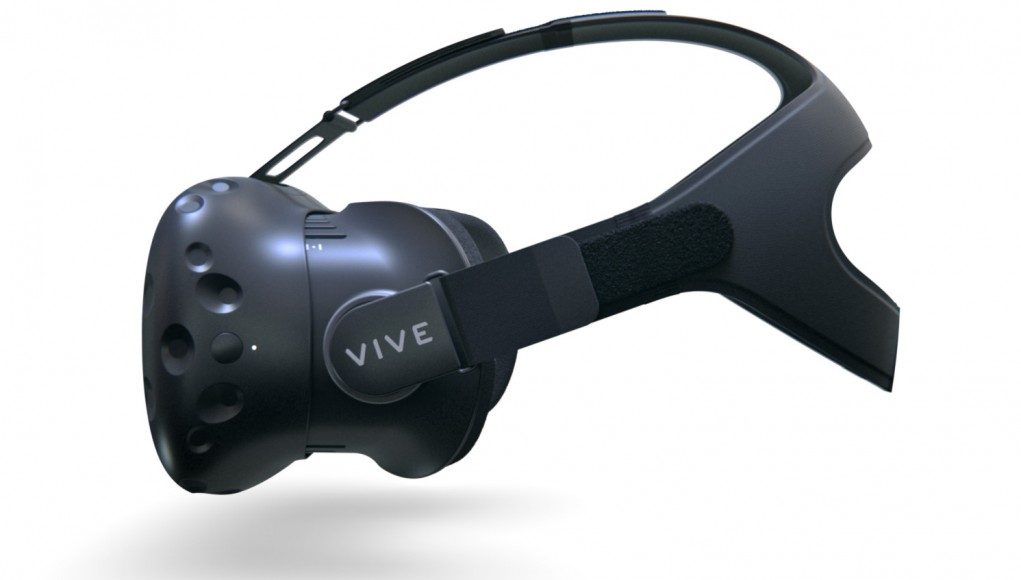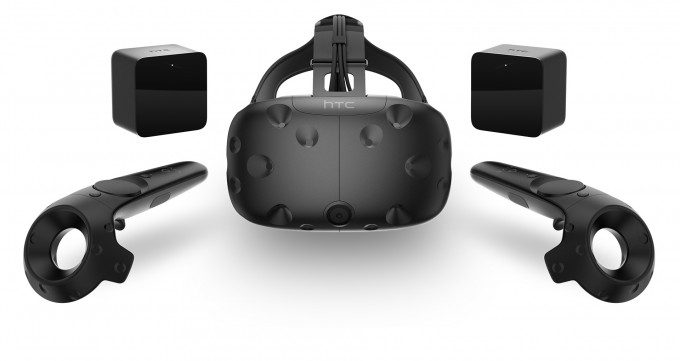HTC Today unveiled the price and launch date of its SteamVR powered VR headset the Vive. They also revealed a new feature to launch with the Vive ‘Consumer Edition’, HTC Phone Services, a service which lets you make calls whilst inside virtual reality.
Reality is an annoyance where VR is concerned. Virtual Reality as a platform is all about overcoming the burdens of the real world in order to transport you to another place. The problem is, very few of us are willing or able to relinquish all ties to reality even in the face of great VR experiences. So how do you square the circle of enjoying VR whilst staying in touch with reality without breaking immersion?
HTC think they have a solution and it’s called Vive Phone Services. The idea is that your smartphone connects to the Vive’s integrated Bluetooth interface, allowing a way for voice communication and data to be presented inside your virtual world. HTC are calling this a ‘hybrid reality’ and it has some interesting implications.
Precise details on the implementation here are slim, but to be clear, the headset itself isn’t making or taking any calls here. For voice calls, the integrated Vive microphone will likely be used, routing spoken audio to your phone. So you can casually chat whilst making virtual soup in Job Simulator or perhaps take a break from virtual inventing in Fantastic Contraption to SMS a buddy.
Quite how text input will work for SMSs will be interesting to see. HTC haven’t unveiled any shots of the interface, but the Vive’s SteamVR controllers have proven adept at making input intuitive thanks to their near 1:1 tracking. We’ve already implementations of early VR user interfaces, such as those found in Tilt Brush, prove extremely successful – so despite sounding awfully clunky – texting in VR may actually end up being surprisingly efficient.
The move to integrate phone services perhaps should come as no surprise at all given HTC as a company has lived and breathed smartphones for 10 years now. And yet, the inclusion of HTC Phone Services makes an awful lot of sense and will probably chime with a lot of people who’ve spent time in VR over the years. The question of implementation however will be critical here. If the UI is too clunky, it’ll end up being a feature no one uses. Additionally we’re certainly hopeful there’s no attempt to tie Vive users to an HTC branded phone to do so.
We’ll doubtless find out more in the coming days and weeks as HTC prepare to fire up pre-order for the Vive on February 29th at 10am ET. Along with the introduction with a front facing camera to overlay reality onto VR and SteamVR’s chaperone system letting you know your physical boundaries, HTC and Valve clearly realise that, as irritating as it is, we all have to live in the real world. At least from time to time.









